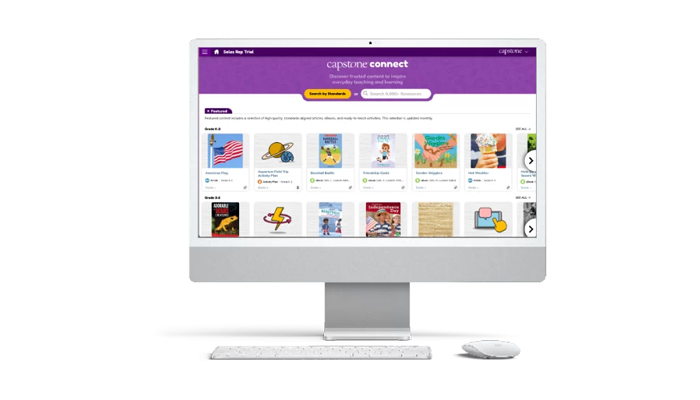Chapter Books for Kids of All Ages: Growing with Children’s Reading Books
In the vibrant ecosystem of children’s reading books, ‘chapter books’ are stepping stones between the colorful world of picture books and the vast, captivating realm of novels. They are like bridges, carrying young readers from simple stories with captivating illustrations to complex narratives driven by rich prose and character development. But what exactly are chapter books, who are they for, and why should we encourage children to delve into their pages?
What are Chapter Books?
Chapter books, a key steppingstone in children’s reading books journey, are stories crafted explicitly for students transitioning from picture books to novels. They typically have:
- Shorter chapters: Compared to novels, the chapters in chapter books are shorter and more accessible to digest, making them ideal for developing attention spans.
- Simple sentence structures and vocabulary: While introducing new words, chapter books use accessible language that beginning readers can understand.
- Engaging plots and characters: Chapter books captivate young minds with exciting adventures, relatable characters, and heartwarming themes.
- A blend of text and illustrations: While illustrations are less frequent than in picture books, they still play a crucial role in enhancing the narrative and visual appeal.
- The Perfect Age Group for Chapter Books: Within the realm of children’s reading books, chapter books are generally targeted towards kids between the ages of 5 and 9. However, the ideal age can vary depending on the child’s reading level and development. Some precocious readers might enjoy chapter books as early as 4, while others might need more time with picture books before taking the leap.
Benefits of Reading Chapter Books
Reading chapter books offers a multitude of benefits for young minds, including:
- Literacy Development: Chapter books expose children to richer vocabulary, complex sentence structures, and diverse writing styles, all contributing to their reading comprehension and fluency skills.
- Cognitive Development: Chapter books, a comprehensive addition to children’s reading books, challenge young minds to think critically, solve problems, and make inferences. They also encourage imagination and creativity as children engage with the story and characters.
- Emotional Development: Chapter books provide opportunities for children to explore various emotions and develop empathy by stepping into the shoes of different characters. They can also help children navigate their own emotions and social situations.
- Lifelong Love of Reading: Engaging chapter books can spark a passion for reading that lasts a lifetime. The joy of getting lost in a captivating story and connecting with relatable characters fosters a positive association with reading, making it an enjoyable and enriching activity.
Series Vs. Single Titles:
As children explore the world of chapter books, they’ll encounter both single titles and series. Both offer unique benefits:
Single Titles: Explore single titles in children’s reading books, ideal for newcomers. These stories offer conclusive endings, providing a complete arc without the need for sequels.
Series: For reluctant readers, engaging series can spark a love for reading. The familiarity of recurring characters and worlds can be comforting, while the anticipation of future installments keeps them turning the pages. Series also cater to specific interests, allowing children to delve deeper into favorite genres and topics.
Academic Advantages of Chapter Books
Beyond personal development, chapter books play a crucial role in academic success.
- Build Vocabulary: Children encounter new words and concepts, expanding their vocabulary and enhancing communication skills.
- Improve Comprehension: Complex narratives and longer chapters challenge active thinking about the story, leading to better comprehension skills.
- Sharpen Focus and Concentration: Children’s reading books help sharpen focus and concentration as readers engage with chapter books, requiring sustained attention. This valuable skill enhances the reading experience and translates well to other academic tasks, fostering cognitive development in young readers.
- Promote Critical Thinking: Chapter books often present dilemmas and situations that encourage critical analysis, information evaluation, and independent opinion formation.
Explore diverse chapter books at Capstone, featuring mysteries like “The Secret Notebook” and interactive narratives such as “You Choose: Fractured Fairy Tales.” From realistic fiction with “Lukezilla Beats the Game” to historical adventures in the Girls Survive series, these books cater to varied interests. Capstone offers a rich collection, making it easy for parents and educators across Dubai and other regions worldwide to find high-quality chapter books that entertain and educate. Embark on a virtual journey through their extensive library today.






Recent Comments